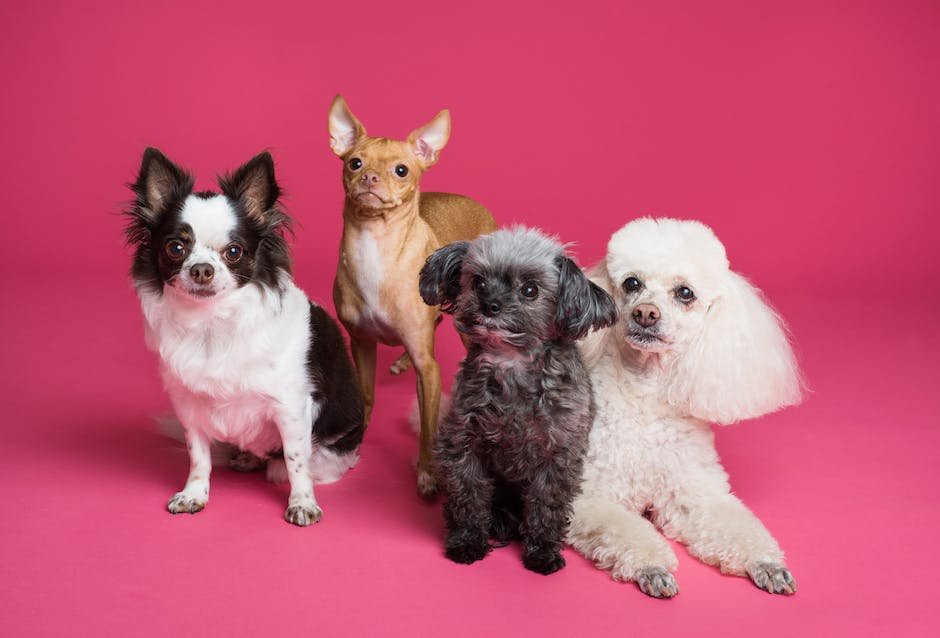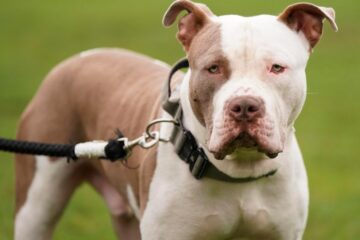While some people claim that hot dogs with chili may be harmful to your dog, it is not true! In fact, having hot dogs with your canine companion can even help them grow!
Hot dogs are one of the top ten favorite foods for most dogs. They taste great and they are pretty affordable as well. Plus, you get lots of snacks!
Since dogs’ mouths contain no moisture, when eating dry food, they often suffer from gingivitis or dry mouth. When this happens, there is an increase in plaque buildup which could lead to tartar or dental disease.
This article will discuss whether or not it is okay to give your dog hot dogs every now and then. Obviously, like any other food, if your dog seems overly excited to eat the meat, then underfilling the bun might be better.
Effects of heat on dogs

Some things taste better to some animals than others. The same goes for smells. Some dogs have very sensitive noses that notice slight changes in odor.
When baking or cooking meat or fish, an appropriate temperature is important so it doesn’t cause harm to the health of the animal.
However, boiling meat or fish is another matter! This actually removes most of the healthy nutrients from the food, which may make it more harmful to your pet.
As we know, dogs are hungry machines, so when they eat something that does not agree with them, they will take longer to feel better. This can sometimes lead to a vicious cycle where their stomach aches hurt them even more, and they worry about what else could hurt them.
This article will talk you through the possible symptoms your dog might show if they develop a reaction to Hot Cheetos.
Bad reactions in dogs
 The number one complaint we receive about these snacks is that their flavor can be too strong for some dogs’ tastes. Some will become overly passionate about them, chewing every last bit of the treat.
The number one complaint we receive about these snacks is that their flavor can be too strong for some dogs’ tastes. Some will become overly passionate about them, chewing every last bit of the treat.
Some dogs are also sensitive to sodium or salt content. If you notice your dog acting sickly or looking particularly drawn out and pale, look no further than hot chee-tos!
Many dogs have an allergic reaction to the cheese ingredient used in the product which could include skin rashes, hives, vomiting and diarrhea.
Overall health issues such as lethargy and poor appetite are other symptoms of food allergies in pets.
Bad effects on your teeth
Changing the flavor of food is a fun way to entertain your dog or get some attention. Adding ingredients like cinnamon, salt, or chili powder can create a new favorite treat!
One popular food trend that has gone viral is adding hot chee-tos to almost anything you can put them in. They’re even made into crispy snacks and foods such as pizza rolls and chicken nuggets!
Some people call these bad because they say eating too many can be harmful to your health. That isn’t true though!
It is totally okay to give your dogs hot chee-toes once in a while (or even lots of them every now and then)! And if you are concerned about their dental health, we have tips here for you.
Does it hurt my dog when I eat hot chips?
No, this probably doesn’t hurt your dog at all!
Many dogs love spicy junk food just like humans do! For those sensitive digestive systems, eating very hot food may cause vomiting or diarrhea. This is called oral heat intolerance.
This usually happens due to genetics or nutritional deficiencies so there is not much you can do to prevent it unless your puppy comes from a breed known to be intolerant to spicy textures.
Sadly, not all puppies outgrow this easily. Sometimes allergies develop later in life. If this sounds familiar, try giving your pooch less hot food until she gets used to it.
Bad effects on your digestion
Many people enjoy eating hot dogs, but unfortunately not everyone knows what kind of ingredients they contain or how bad those ingredients are for your dog when consumed large quantities.
The most common ingredient in hot dogs is nitrates which help preserve the meat as it cooks. Nitrates have something called an effect on the body similar to drinking alcohol – it slows down the rate at which your stomach empties.
This can be very harmful to animals that eat lots of food and spend a lot of time waiting for it to digest. Because dogs’ digestive systems work faster than humans’, ingesting too much nitrate can sometimes cause death due to starvation.
Bad effects on your health
Recent reports say that eating too many hot chee-tos can be harmful to dogs’ health. Canines who eat them may develop vomiting, diarrhea or even an allergic reaction!
The term “hot dog” refers to any meat product made of minced beef or pork cooked on a grill. The most popular kind is bologna which is usually seasoned with salt, sugar and artificial flavorings.
Some brands add nitrates to give the meat its pink color and make it taste better before cooking it. Nitrates are like adding air to the meat so it will burn more quickly when fried or grilled.
Hot dogs contain high levels of sodium which can cause problems if you’re trying to reduce your blood pressure or prevent water retention in your body. Too much sodium could also have negative impacts on your heart and circulation.
It has been reported that some types of processed meats can contribute up to 70 percent of the average adult’s daily recommended intake of sodium. Because canned foods tend to be higher in fat than fresh ones, they pack more of the salty ingredient per serving size.
Since dogs are carnivores (meat eaters) they need enough acid to help neutralize the stomach’s environment. If there isn’t enough acidic fluid in their system, digestion can become impaired and bacteria may grow where they should not.
Good things about hot cheetos
There are several reasons why people may like eating hot dogs or even making them at home. One of these is how tasty they can be!
Hot dogs contain nitrates which help promote blood circulation and prevent your dog’s muscles from sticking together due to poor muscle relaxation. This could cause internal bleeding or lacerations which would require medical attention!
Another reason some people enjoy hot dogs is because it is known to improve their overall heart function and reduce risk of cardiovascular disease. A small amount of sodium, sugar, and fat is needed to taste good and most hot dogs are quite the opposite.
However, there are some types of hot dogs that are more than enough sodium, sugar, and/or fat to make them overly salty, sweet, or buttery. These types of hot dogs should be avoided if you want to keep your dog healthy.
Tips for cooking with hot cheetos
While some people believe that eating salty foods is bad for dogs, eating hot food can actually be good for them!
Dogs are not human beings, so they do not have skin like we do. This means that their mouths water more quickly than ours, and they drink less liquid due to this. Because of these factors, it is easier for pets to eat too much salt.
Many dog owners make sure that their animals are drinking enough water or use supplements, but what about limiting the sodium in the diet? That is why there are tips and recipes for baking or frying dishes containing hot cheese or bread products.
Hot Cheese
Most dogs love chicken wings, and those puppies will try to lick every last drop of the sauce off of them. Unfortunately, many of those sauces contain high amounts of salt which may cause health problems for your pet.
Avoid giving your dog hot cheetos
Recent reports say that eating too many hot, crispy snacks can be harmful to dogs’ health. Companies are now making cheese-covered cracker snacks that are warm or even buttery!
These are typically referred to as hot cheetos or crunchies.
Some veterinarians have reported cases of canine cardiac arrest and death after feeding their dogs these foods. Because they contain salt, the added taste may cause your dog to overconsume and ingest more than one snack at a time.


















